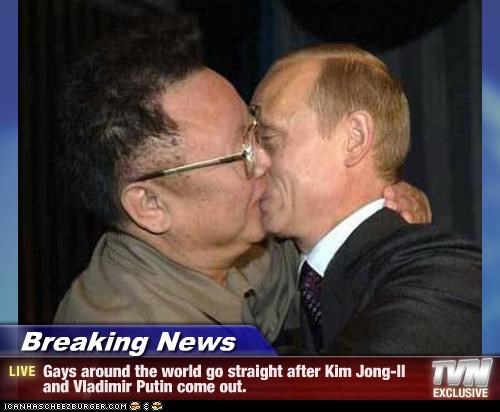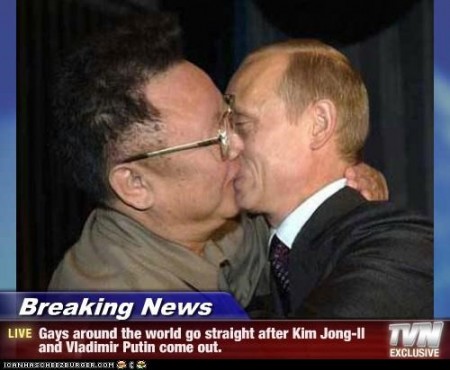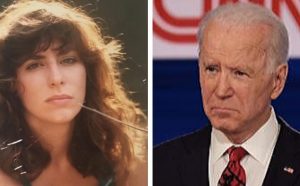Russian president seeks to allay fears ahead of 2014 Winter Olympics but officials say new anti-gay law will still be enforced.
Vladimir Putin has sought to ease concerns that Russia’s new anti-gay law will be used to punish athletes who display rainbow flags during the Winter Olympics in Sochi.
The president insisted that gay people were not discriminated against in his country.
“I assure you that I work with these people, I sometimes award them with state prizes or decorations for their achievements in various fields,” Putin said in an interview with Associated Press and Russia’s state Channel 1 television.
“We have absolutely normal relations and I don’t see anything out of the ordinary here.”
He added that Russians loved Tchaikovsky even though the composer was said to have been homosexual. “Truth be told, we don’t love him because of that, but he was a great musician and we all love his music,” Putin said.
Putin offered to meet members of the gay and lesbian community if they asked to see him.
The law on “propaganda of non-traditional sexual relations,” which Putin signed in July, makes it illegal to expose minors to information that portrays homosexual relationships as normal or attractive. The law imposes hefty fines, while also subjecting foreign citizens to up to 15 days in prison.
While Russian officials have reassured the International Olympic Committee that Russia will not discriminate against homosexual people during the Games in Sochi, which take place from 7-23 February next year, they have also said the law will be enforced. This has left open the question of what would happen to athletes or fans if they made statements or gestures that could be considered propaganda.
In the interview at his country residence outside Moscow, Putin said they would not be punished. But he clearly has no intention of allowing a gay pride parade during the Olympics. Last month, he signed a decree banning all demonstrations and rallies in Sochi throughout the Winter Games.
Putin said he had full confidence in Russia’s special services and law enforcement agencies to provide security during the Games. Sochi lies close to Russia’s North Caucasus, where an Islamic insurgency is simmering.
“Terrorists are always a threat to someone,” he said. “If we’ll be scared of them it means they have won. But that doesn’t mean we can have a devil-may-care attitude toward this threat. We must do everything to stop these threats and not give the terrorists a single chance to demonstrate their brutality and hatred of mankind.”
Also read: Gay Activists In Russia, The Pics Everyone Needs To See







